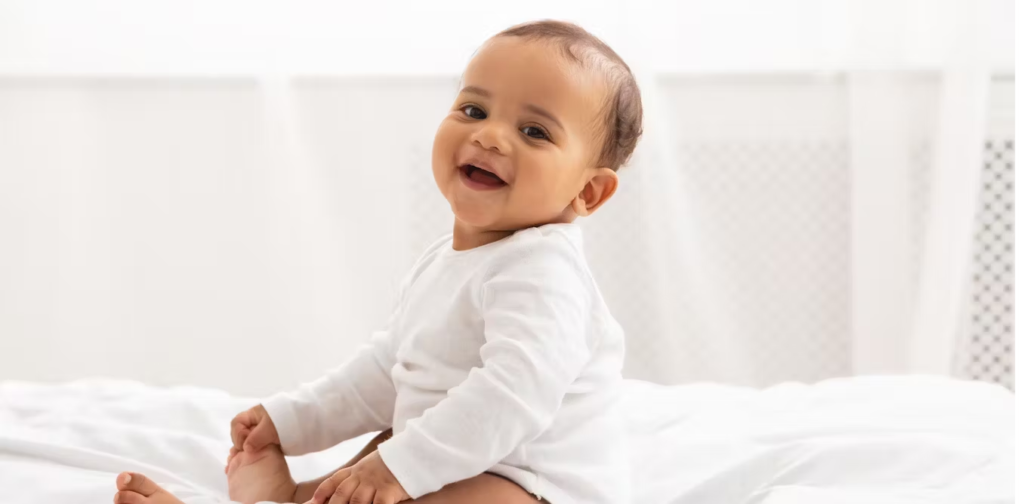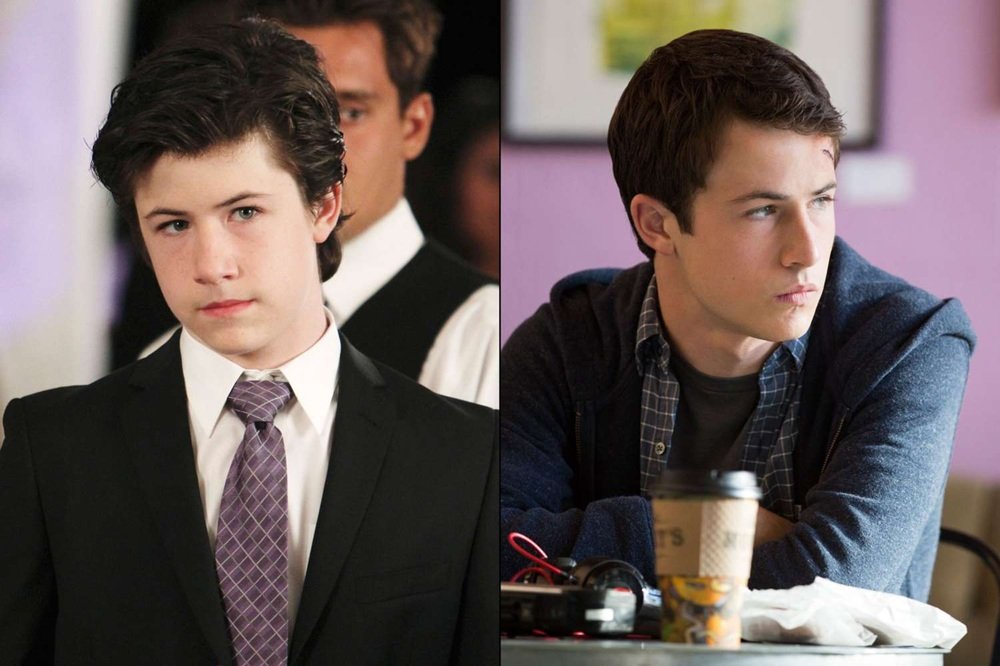Toddlers are known for their spontaneous laughter and infectious giggles, often leaving parents wondering: Why is my toddler laughing for no reason? While it may seem puzzling at first, this behavior is actually quite normal and can be attributed to various factors, both developmental and emotional. In this article, we will explore the reasons behind your toddler’s seemingly random laughter, its connection to their growing brain, and how you can respond to this behavior.
Table of Contents
Understanding the Development of Laughter in Toddlers
Laughter is an important aspect of a child’s emotional and social development. During their first few years, toddlers begin to develop a sense of humor and start understanding the concept of play, communication, and social interaction. Laughter in toddlers can emerge as early as 2 to 3 months of age, but it often becomes more frequent and pronounced as they approach the age of 1 and beyond.
The Role of Cognitive Development

One of the key factors behind a toddler’s laughter is their cognitive development. At this age, toddlers are beginning to explore their environment, interact with people, and understand new concepts. Laughter can be a response to novel stimuli, such as unfamiliar objects or situations, and it’s a sign that their brain is making connections. For example, when a toddler sees something unexpected, like their parent making a funny face or a toy behaving differently, they might laugh because it catches them off guard. This is a normal part of how their brain is processing new information.
Emotional Development and Social Cues
Toddlers are also learning how to express their emotions through facial expressions and laughter. As their social skills evolve, they become more attuned to social interactions and the emotional cues of those around them. Laughter might occur when they see someone else laughing, as they begin to associate laughter with positive emotions and social bonding. In many cases, toddlers laugh in response to the emotional energy they pick up from others, even if they don’t fully understand why they’re laughing.
Why Do Toddlers Laugh for No Apparent Reason?
There are several reasons why toddlers may laugh for no obvious reason. Understanding these reasons can help parents respond appropriately to this behavior.
1. Exploration of Emotions
At this stage of development, toddlers are still figuring out how to process their emotions. They often laugh when they are happy, excited, or even overwhelmed. It’s possible that your toddler is feeling a rush of emotion but doesn’t have the words or the awareness to express it any other way. The laughter can be a natural outlet for these emotions, even if the cause isn’t immediately clear.
2. A Response to Sensory Stimulation

Young children are extremely sensitive to sensory input—whether it’s a new sound, texture, sight, or smell. Laughter can be a reaction to sensory overload or surprise. For instance, a toddler might laugh when they hear a funny noise, see a colorful object, or feel a texture they’ve never encountered before. This is simply their way of responding to new sensory experiences in an enjoyable manner.
3. Imitation and Social Learning
Toddlers are also keen observers and often imitate the behavior of those around them. They may laugh because they’ve seen others laugh, even if they don’t fully understand why it’s happening. As toddlers are learning about social norms and communication, they might mimic adult laughter or laughter from older siblings without necessarily having a reason to laugh themselves.
4. Physical Discomfort or Fatigue
Interestingly, laughter can sometimes occur in response to physical discomfort or fatigue. If your toddler is overly tired, they might laugh uncontrollably as their body tries to cope with the overwhelming feelings of exhaustion. Similarly, toddlers might laugh when they are feeling uncomfortable in some way but don’t have the ability to articulate their discomfort. This is often a way for them to release tension or cope with an emotional state they can’t quite express.
5. Surprise or Confusion
As toddlers are constantly learning about the world around them, they often encounter situations that confuse or surprise them. A sudden change in their environment—like a toy that starts making noise or a person playing peek-a-boo—can trigger laughter as a response to the unexpected. Laughter in this case is a reaction to the surprise or confusion they feel, often followed by a sense of relief once they process what just happened.
6. The Joy of Discovery
Every day, toddlers discover something new, whether it’s a new toy, a new sound, or a new person. Laughter can often be a response to a sense of joy and wonder that comes with discovering something new. They might laugh out of pure delight when they figure out how something works or when they have a playful interaction with someone. This joyful laughter is a natural way for toddlers to express their excitement and curiosity.
How to Respond to a Toddler Laughing for No Reason

While it may seem strange at first, there’s no need to worry if your toddler laughs for no apparent reason. In fact, it’s a healthy sign of emotional and cognitive development. However, there are some things you can do to encourage and support this behavior.
1. Encourage Social Interaction
Since laughter is often tied to social bonding, try to engage in playful interactions with your toddler. Laugh with them, make silly faces, or play games like peek-a-boo. Positive reinforcement of social behavior can help your toddler develop strong social skills and emotional awareness.
2. Create a Playful Environment
Provide a variety of stimulating activities and toys that encourage exploration and discovery. The more your toddler can interact with their surroundings in fun and exciting ways, the more likely they are to laugh spontaneously. Whether it’s through imaginative play or physical activity, keep their environment rich with new and engaging experiences.
3. Watch for Signs of Discomfort
If your toddler’s laughter seems to be a reaction to physical discomfort or fatigue, try to address the underlying issue. For instance, ensure that they are well-rested and comfortable, and check if they’re hungry or need a diaper change. Overstimulation or exhaustion can also lead to unpredictable laughter, so maintaining a balanced routine is key.
4. Be Patient and Observe
Finally, be patient and observe your toddler’s laughter. Sometimes, it may take time to understand the exact cause of their behavior. As they continue to develop emotionally and cognitively, their reasons for laughing will become clearer. In the meantime, enjoy the joyful moments and the laughter-filled interactions.
Conclusion
Why Is My Toddler Laughing for No Reason for no reason is a normal and healthy part of their emotional and cognitive development. From exploring emotions to responding to sensory stimuli or imitating others, there are many factors that contribute to their spontaneous laughter. Parents can foster a playful and engaging environment to support this behavior and help their toddler develop important social and emotional skills. As your toddler grows, their laughter will become an even more significant part of how they express joy, excitement, and curiosity. So, the next time your toddler laughs for no reason, embrace it as a beautiful sign of their growing brain and evolving personality.
Desclaimer
The information provided in this article is for general informational purposes only and should not be considered medical advice. If you have concerns about your toddler’s behavior or development, it’s recommended to consult with a pediatrician or healthcare professional for personalized guidance and assessment. Each child’s development is unique.














